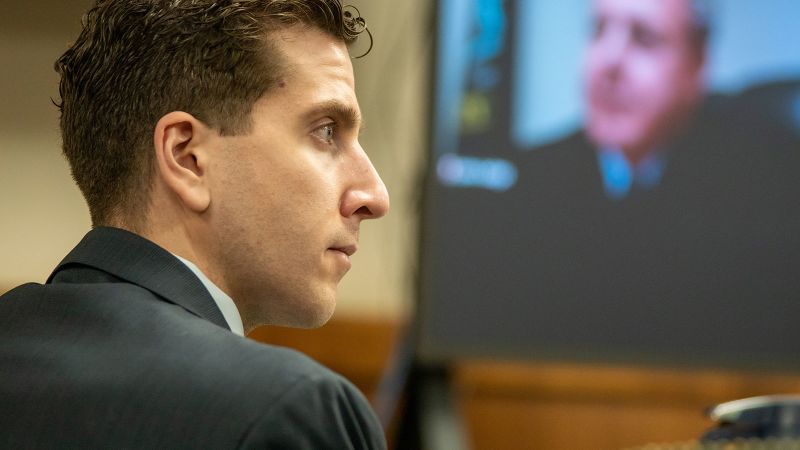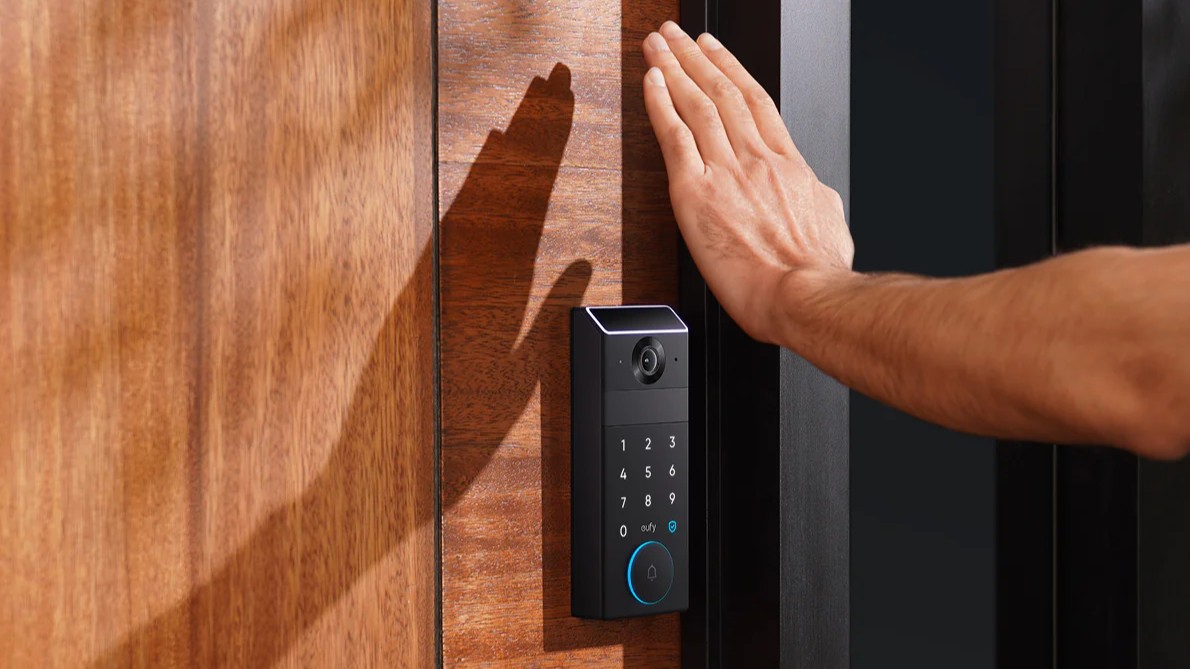Attorneys in the case of Bryan Kohberger are set to face off in a Boise, Idaho, courtroom Wednesday over the admissibility of key evidence – including the recording of an emotional 9-1-1 call and the defendant’s alibi – in his approaching death penalty trial for the killings of four University of Idaho students in 2022. Kohberger faces four counts of first-degree murder in the deaths of Madison Mogen, Kaylee Goncalves, Xana Kernodle and Ethan Chapin at an off-campus home in Moscow, Idaho. Not guilty pleas have been entered on his behalf.
Prosecutors and defense attorneys for Kohberger have submitted dozens of court filings ahead of Wednesday’s hearing, arguing over what evidence they think should and should not be admitted at trial. Such evidence includes Kohberger’s online purchase of a knife and a sheath and whether a witness can describe an intruder on the night of the November 13, 2022, killings as having “bushy eyebrows.” Judge Steven Hippler’s rulings on the motions will shape what a jury could eventually see at Kohberger’s trial, set to begin in August.

The hearing, expected to take at least several hours, could stretch into Thursday. It’s unclear if Hippler will rule from the bench during the hearing or release his decisions in a written order later. Defense attorneys for Kohberger are advocating to get the death penalty off the table as a possible sentence should he be convicted.
As it stands, the trial will be carried out in phases – the jury will first consider whether the 30-year-old former criminology graduate student is guilty. Then if they convict him of the murders, the same panel would consider whether he should be sentenced to death. Attorneys would present additional evidence in the death penalty trial phase, including expert witness testimony that adds considerably to the preparation necessary for the trial, now just four months away.
Kohberger’s attorneys argue the prosecution has wrongly turned over an insurmountable amount of discovery too close to the trial date, unfairly setting up the defense to be unprepared. The defense has also said Kohberger’s autism spectrum disorder diagnosis should disqualify him from the death penalty. Autism spectrum disorder is a neurological and developmental disorder that can affect how people interact with others, communicate, learn and behave, according to the National Institute of Mental Health .
Evidence the jury could see at trial Hippler is expected to hear oral arguments Wednesday on motions from both sides about potential trial evidence and witness testimony. State prosecutors are expected to present evidence that Kohberger’s DNA was recovered on a knife sheath found in Mogen’s bed near her body at the crime scene. His defense attorneys argue the state shouldn’t be able to use expert testimony to suggest Kohberger touched the knife sheath.
Prosecutors also want to call an expert witness to testify about Amazon data they say reveals that Kohberger bought a knife and sheath (made by the same brand found at the crime scene) and a sharpener months before the killings, and then searched for the same items soon after the murders. The defense objects to the online shopping data, suggesting others could’ve accessed Kohberger’s account, which they say also was used to buy other innocuous hiking gear. Kohberger’s defense attorneys have said they want to present evidence to support the idea of other possible suspects.
They plan to argue at trial that the knife sheath could have been planted by the real killer , prosecutors said in a recent court filing. One of the surviving roommates, Dylan Mortensen, who has said she saw a masked man wearing all black in the home around the time of the murders, described the intruder as having “bushy eyebrows.” Kohberger’s defense team wants the judge to prohibit prosecutors from mentioning the description from Mortensen, who they say has been inconsistent about her recollection of that night, muddied by intoxication and post-event media exposure.
After Kohberger was arrested, Mortensen couldn’t definitively say whether he was the man she saw in her home around the time of the killings, according to defense court filings. The defense has also asked the court to bar prosecutors from showing the jury a selfie recovered from Kohberger’s phone that he took hours after the alleged killings. They say any suggested connection between Mortensen’s description of a suspect with bushy eyebrows could unfairly prejudice the jury against Kohberger, whose eyebrows could be described as bushy in the selfie.
The parties disagree about how phone records should be handled at trial for the two surviving roommates who were in the house and awake around the time authorities believe the murders took place – between 4 and 4:25 a.m. Prosecutors intend to submit a selection of phone activity from Mortensen and Bethany Funke to reveal their panicked text exchanges and failed attempts to reach the other housemates around that time.
The defense objects to what they say is the prosecution’s selective use of the phone records. Kohberger’s legal team revealed in court filings that Mortensen and Funke were awake for hours using their phones later that morning before calling 9-1-1 just before noon, and say jurors should see the full picture. Prosecutors want the jury to hear the emotional audio recording of the 9-1-1 call made by Funke and Mortensen nearly eight hours after the killings.
The state has asked the court to prohibit Kohberger’s alibi defense. Kohberger’s lawyers have said he was driving around outside the Moscow area in the early morning hours around the time of the murders. Prosecutors say the judge should only allow that alibi to come in through testimony from Kohberger himself, but the defense wants to call an expert witness to offer “partial corroboration” with testimony about cell phone data that they say would help explain Kohberger’s whereabouts.
The defense has hinted in recent court filings that it’s unlikely that Kohberger will take the stand, saying that his autism spectrum disorder does not allow him to understand the seriousness of his situation or adequately prepare for trial. The hearing scheduled to begin at 9 a.m.
local time will be live-streamed by the state court system..
Technology

A judge will consider what evidence to allow in the Idaho student killings case at a hearing today. Here’s what to expect
















